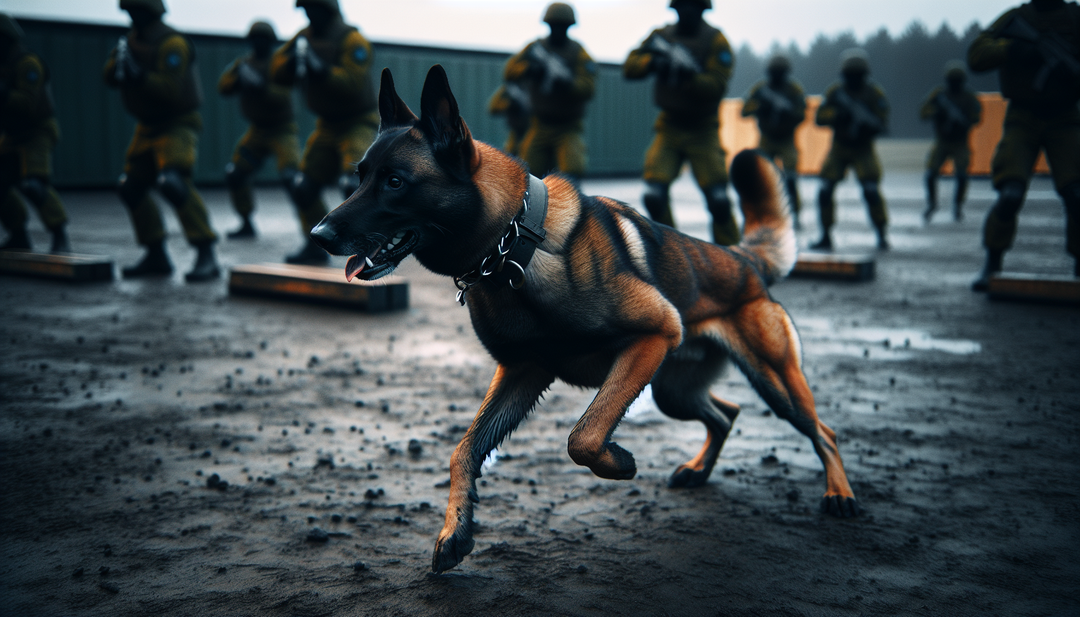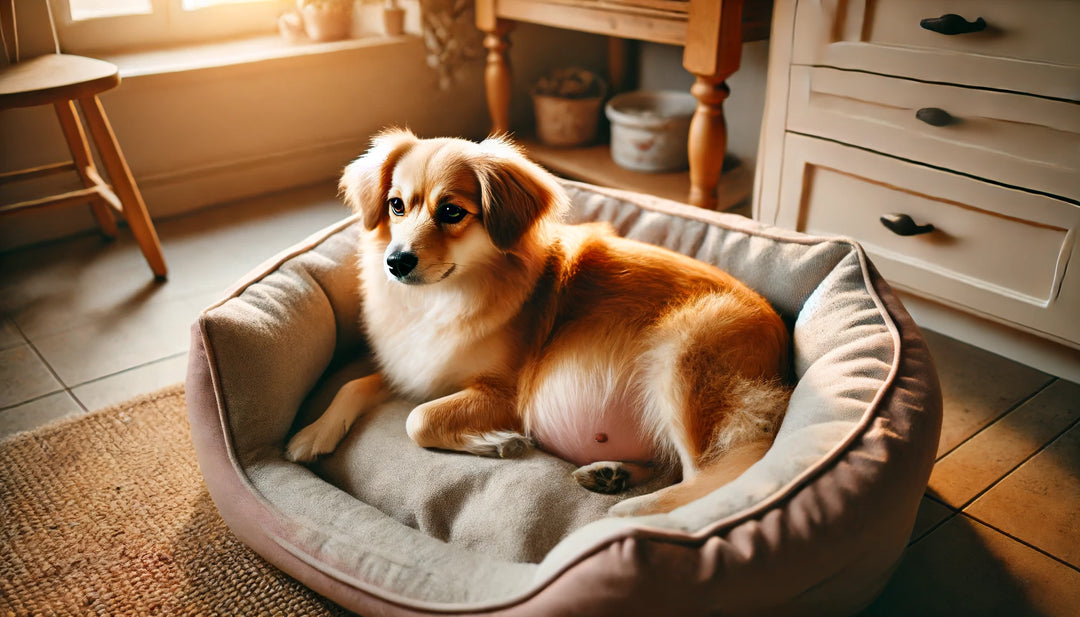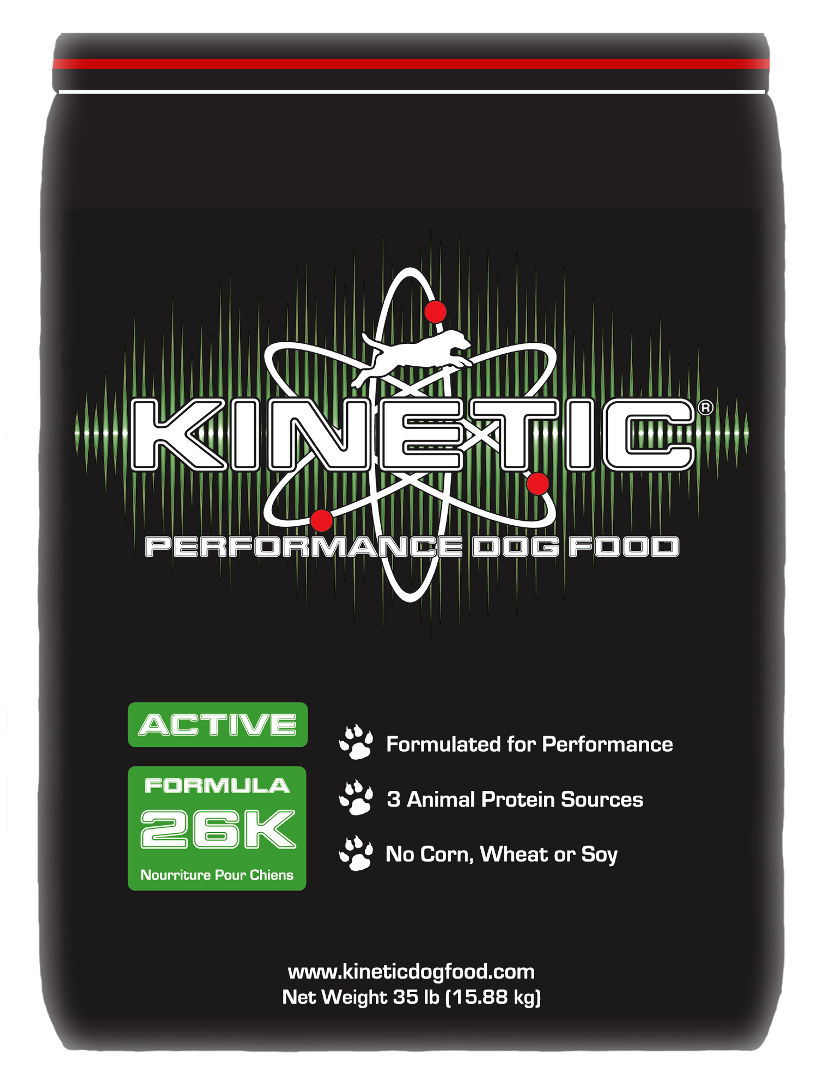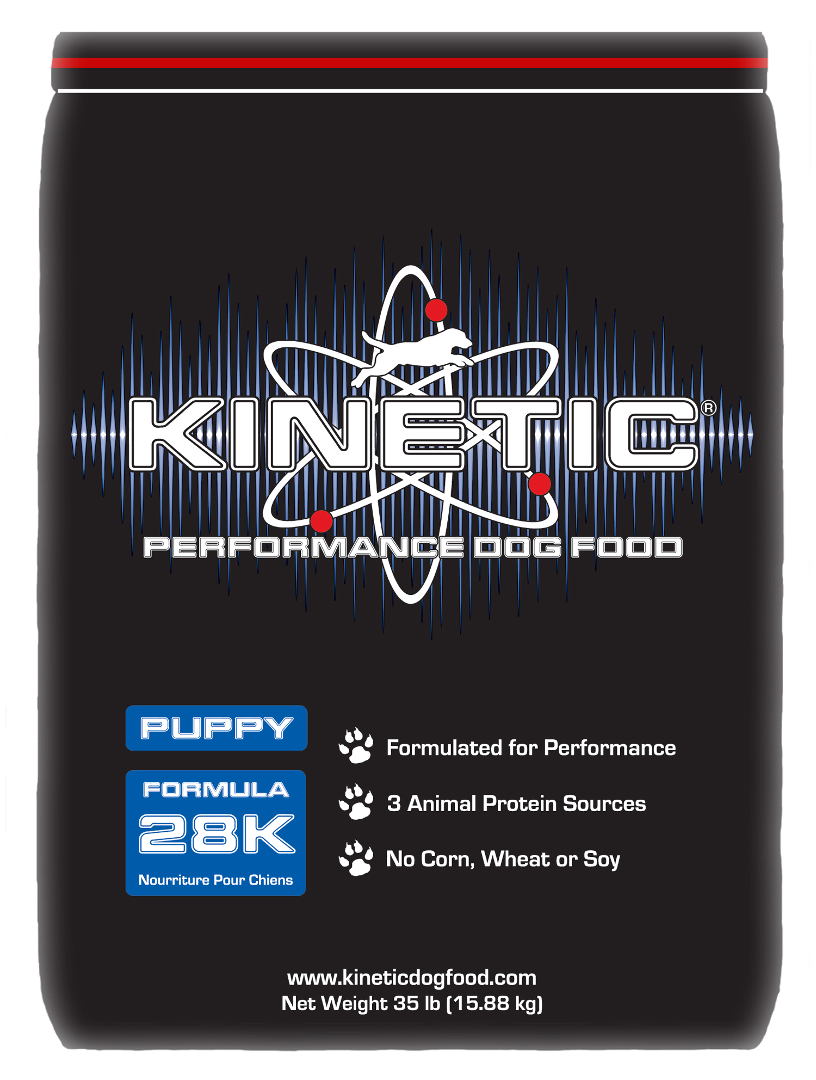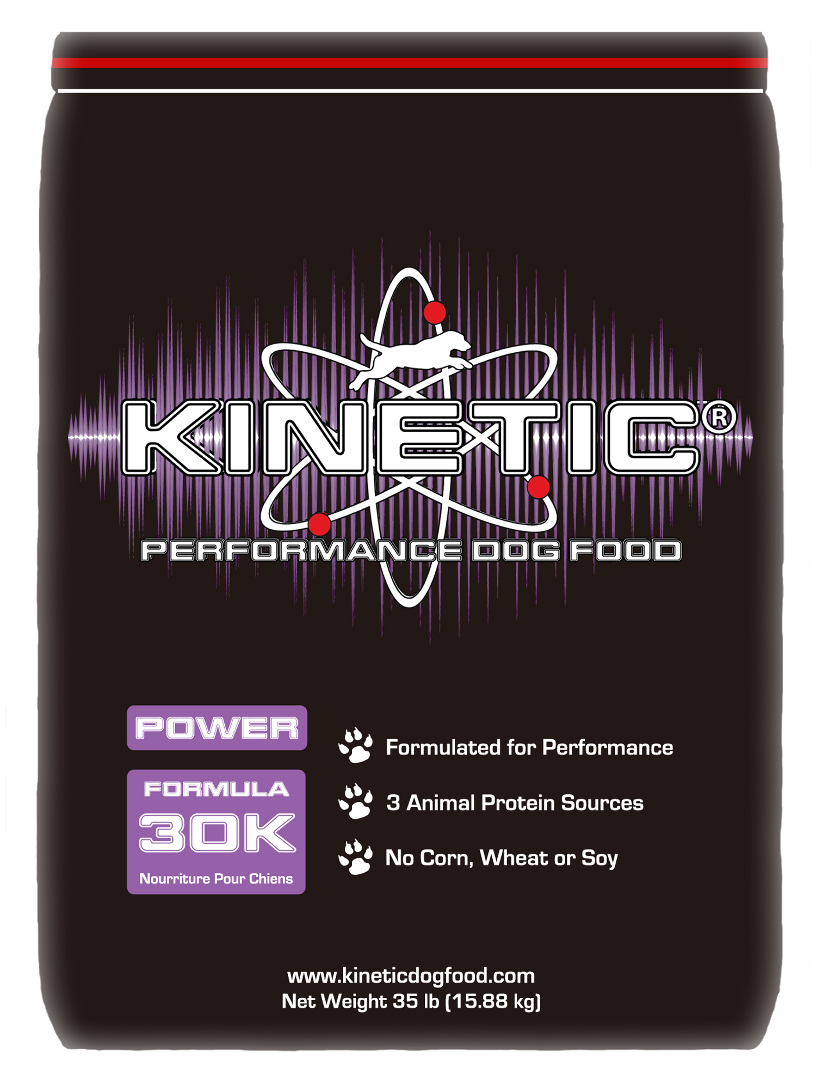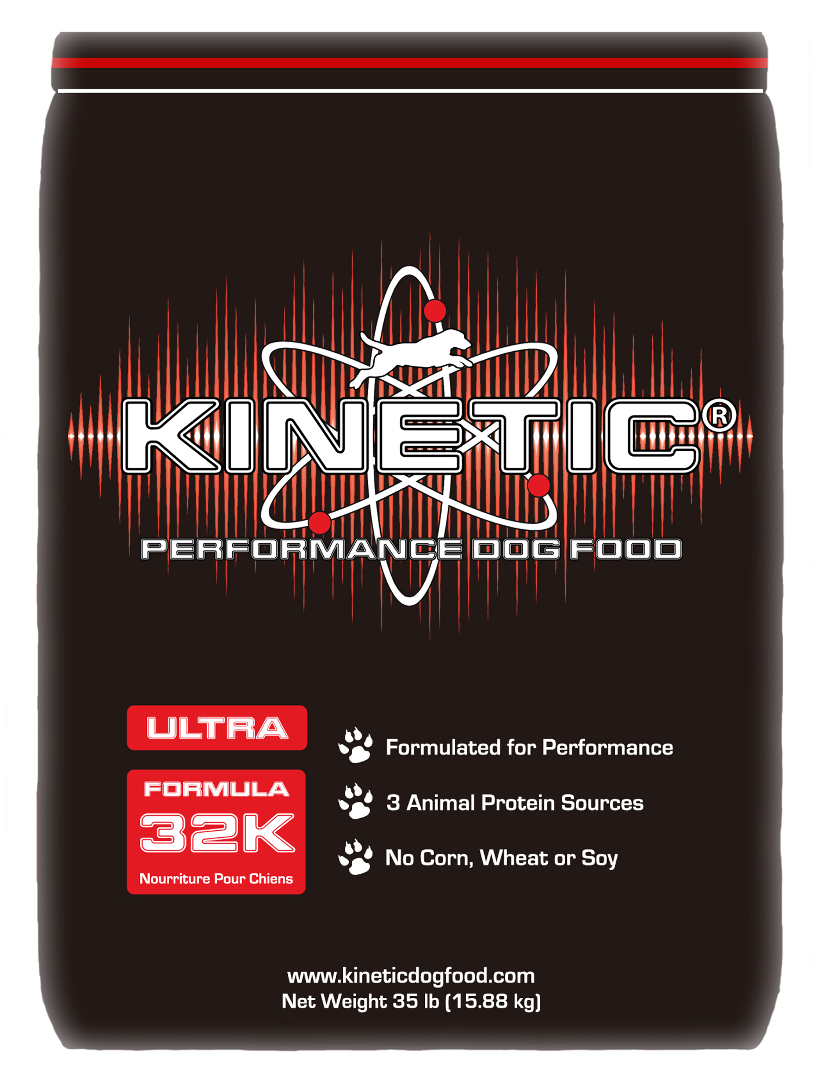Are You Ready for a Hunt Test
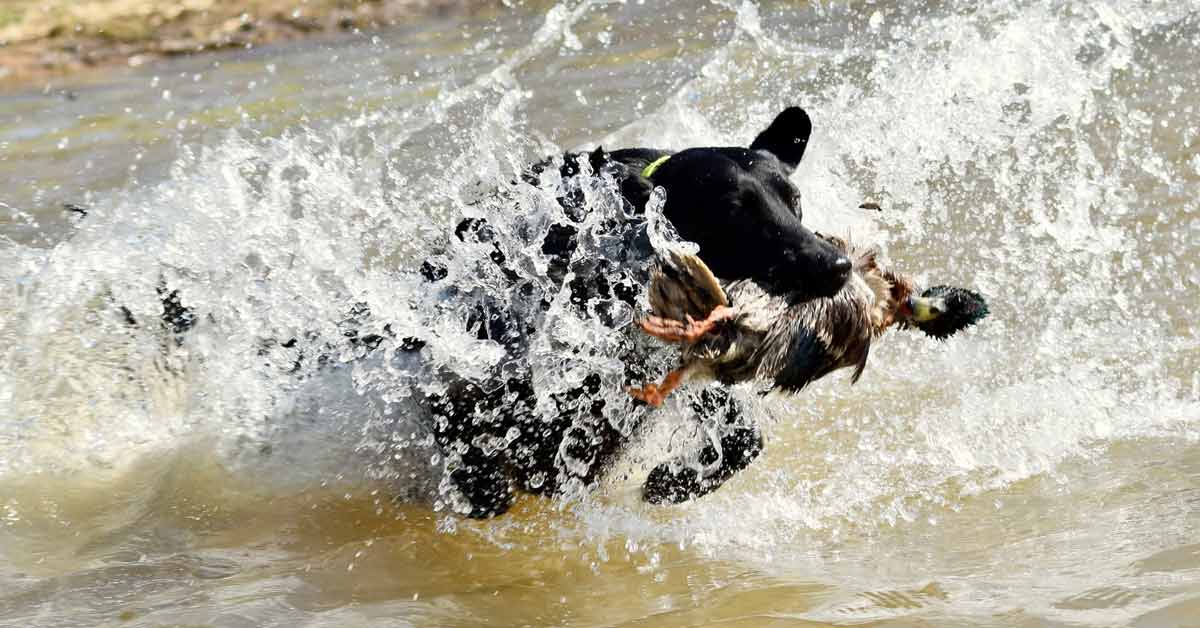
I still recall the scared and nervous feeling I had when I ran my first hunt test. To me, it was the most difficult and challenging thing in the world. I had worked on training my dog for two years… and now we’re running our first test. The “what if’s” ran wild in my head. The reality is it was just a Started Retriever NAHRA Hunt Test. We weren’t running in the NAHRA Invitational, HRC Grand, or AKC Master National. However, to me, it felt like I was.
Actually, a Started level hunt test is about the least intimidating introduction to the hunt test game there is. Judges want to give the handler every opportunity to succeed, within the rules. The NAHRA rulebook describes a Started Hunt Test as, “The purpose of the Started Hunting Retriever Field Test is to bring started dogs along as hunters. Desire and cooperation with the handler are important factors. It should consist of basic tests to evaluate the dog's natural and basic trained abilities.”
When I entered my first hunt test, I was so focused on my passing or failing that the joy and fun of the experience didn’t hit me at the time. I was obsessing on the destination and was not enjoying the journey. Was I ready for my first hunt test? No. No one prepared me with the proper mindset for attempting this task. At that time, I didn’t know what I was doing, or what to expect. I was unprepared. So, how prepared are you? How do you know if you’re ready to try a hunt test?
First, there are three different beginning level hunt tests from the three different hunt test organizations:
- NAHRA (North American Hunting Retriever Association): Started Hunting Retriever
- HRC (Hunting Retriever Club): Started Hunting Retriever
- AKC (American Kennel Club): Junior Hunter
These three events are basically the same with some minor rule variations. They will consist of single marked retrieves on land, and water and dogs are allowed to be lightly restrained at the line. I’m not going to get into the test rules, but all three of these organizations have rulebooks available. Whichever game you choose to play, be sure to read the rule book before running the event and use this information to guide your training.
So, how do you know if you’re ready to run a hunt test? Take the following 10 question quiz:
Answer the following statements with a yes or no response.
- My dog and I have a regular routine when I get him out of my car/truck that has him following my directions and under my control when he hits the ground.
- My dog will calmly walk at heel (on a lead) with me and sit when told.
- My dog will sit quietly by me (wherever we are) when told to sit [without my constant nagging to sit].
- My dog will sit quietly next to me and watch a mark thrown at a distance of 50 - 75 yards on land, or 40 - 60 yards on water.
- My dog will go when sent (not before) to retrieve the bird.
- My dog is not affected by goose, duck, or other decoys they have to run through or swim through.
- My dog will return directly to me after picking up a bird either on land or water.
- My dog will deliver this bird to my hand (or at least within 1 step of where I’m standing).
- My dog will do this repeatedly in the same calm controlled fashion each time.
- My dog will go back on lead with me after retrieving marks and walk quietly at heel back to my vehicle.
If you answered yes 10 out of 10 times, you’re absolutely ready to run a beginning level hunt test. Everything said in those 10 statements are what you will be expected to do with your dog at an entry level hunt test. If you struggle at something, or multiple things, from that list, you have skills to work on before you enter a test. Judges at this level are not looking for a master level dog. They are looking for dogs that have solid fundamentals with the potential to develop into a finished retriever.
What if you think you’re ready, you enter the test, but you don’t perform well? Welcome to the club. That is more normal than abnormal. There is a significant learning curve not just for your dog, but for you as well. When a dog fails a test, you as the handler need to step back from the perception of you and your dog as a failure. You need to see this opportunity as receiving a “report card” from your judges. You need to evaluate what you and your dog did well and isolate the things you struggled at. These become your new training and learning goals going forward.
I’ve come to believe that I’ve learned much more from failure than success. Seeing failure as a chance to learn and grow is part of your growth as an amateur dog trainer and handler. No, I’m not saying failing feels good, but learning from your mistakes is a critical life skill outside of retriever training as well. I’ve suffered my share of failures as an amateur trainer and handler, but overcame them to help my dogs become finished retrievers. I think I’m more proud of that than any title or award we’ve received.

About Paul: Paul Agranoff is a member of Team Kinetic, an avid hunter and Retriever trainer, and the Central Region Director for the North American Hunting Retriever Association (NAHRA).





